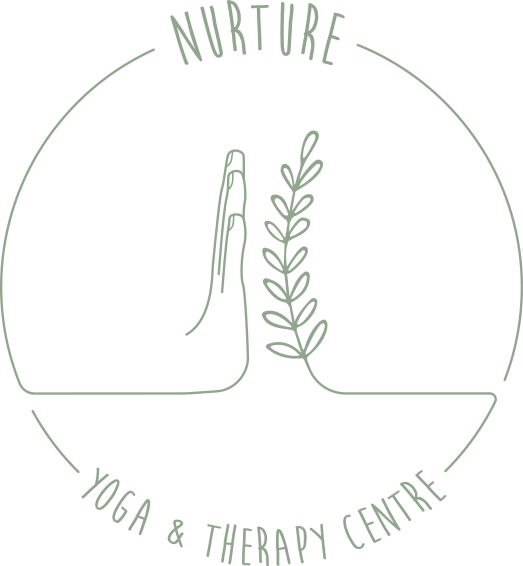This post will give you some information about acupuncture, including an explanation of how it works. It will explain some terminology that may be new and unfamiliar to you, as well as answering some commonly asked questions.
What is Acupuncture?
Originating in China over 3000 years ago, acupuncture is one aspect of a therapeutic treatment system within Traditional Chinese Medicine (TCM). It is used to treat illness and disease and support physical and/or psychological health and wellbeing. The philosophical principles that underpin acupuncture/TCM can be thought of as a system, in which all things including us, function in relation to each other. TCM views everything from the premise that all things are in a ‘continuous process of natural change’. It is this ever-changing nature, of ourselves and the world around us, that at times produces what TCM understands as a pattern of imbalance within the body. Acupuncture is used to address this, to bring the body back to a state of balance and well-being – what Western doctors/biologists describe as homeostasis: a state of equilibrium.
How does Acupuncture work?
Western medicine understands acupuncture differently from practitioners trained in TCM. In Western medicine, it is often explained in reference to pain relief, as recognised by NICE. Here, the insertion of needles ‘involves stimulating sensory nerves under the skin and in the muscles, resulting in the body producing natural substances such as pain-relieving endorphins’ (NHS). However, TCM has an alternative understanding of what effect the needles have on the body – this is based upon the needles influencing the flow of an entity called Qi, pronounced chee. Qi is often interpreted as ‘energy’ or ‘life force’. An interesting way of understanding Qi is proposed by Dr Daniel Keown, a Western medical doctor and acupuncturist. He explains that AC/DC (not the rock band) electrical currents flowing throughout the body ‘is in effect an interconnected, living electrical web’. It is this medically recognised ‘web’, that he suggests forms the acupuncture channels and Qi.
Why is Qi so important?
Optimal health is founded upon Qi being allowed to flow freely throughout the body. In simplified terms, when a health problem arises, the flow of Qi is hindered. Let us again look at pain as an example: when somebody is in pain, TCM understands this as ‘blocked’ Qi. It is this ‘blockage’ that is the root of the problem. A traditional acupuncturist will select specific points on the body to needle in order to encourage the blocked Qi to flow freely again. This will support the body to return to a state of positive health and in this instance, manage the levels of pain.
Is it Safe?
From a Western viewpoint, acupuncture is increasingly accepted as ‘a safe and effective clinical practice’ (Hammerschiag, et al, 2007). Research via clinical trails is growing, consequently ‘the risks associated with acupuncture can be classified as negligible, and acupuncture is a very safe treatment in the hands of competent practitioners’ (White, 2006), especially when treatment is sought from practitioners with degree level qualification and insurance.
Interested in finding out more?
Get in touch with Duey by phone or email
A couple of accessible reads written with the lay-person in mind:
Live Well Live Long: Teachings from the Chinese Nourishment of Life Tradition by Peter Deadman
The Spark in the Machine by Dr Daniel Keown
References:
MacPherson, H., Hammerschlag, R., Lewith, G, T., & Schnyer, R, N. ed. (2007) Acupuncture Research: Strategies for Establishing an Evidence Base. Elsevier Health Sciences
White, A. (2006) The safety of acupuncture – evidence from the UK. Acupuncture in Medicine, 24(Suppl), 53–57. https://doi.org/10.1136/aim.24.Suppl.53


